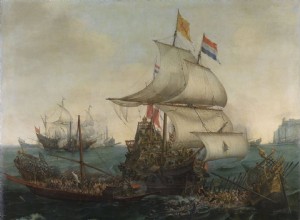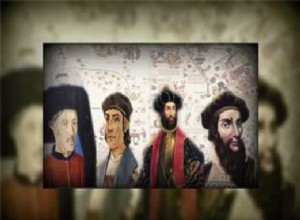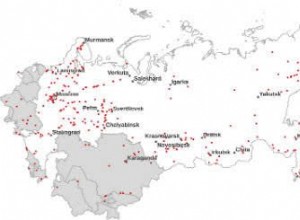This was because industry, government and the state economy were not fully prepared to bear the enormous cost of creating and continuously maintaining such a navy. However, with the expansion across the Atlantic and the Pacific, it became necessary to create a force that could guarantee the defense




